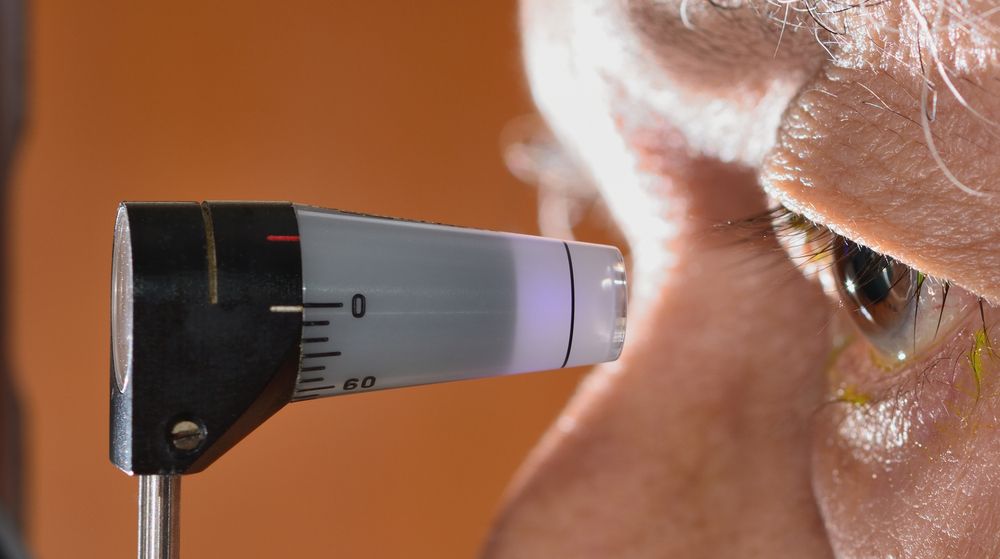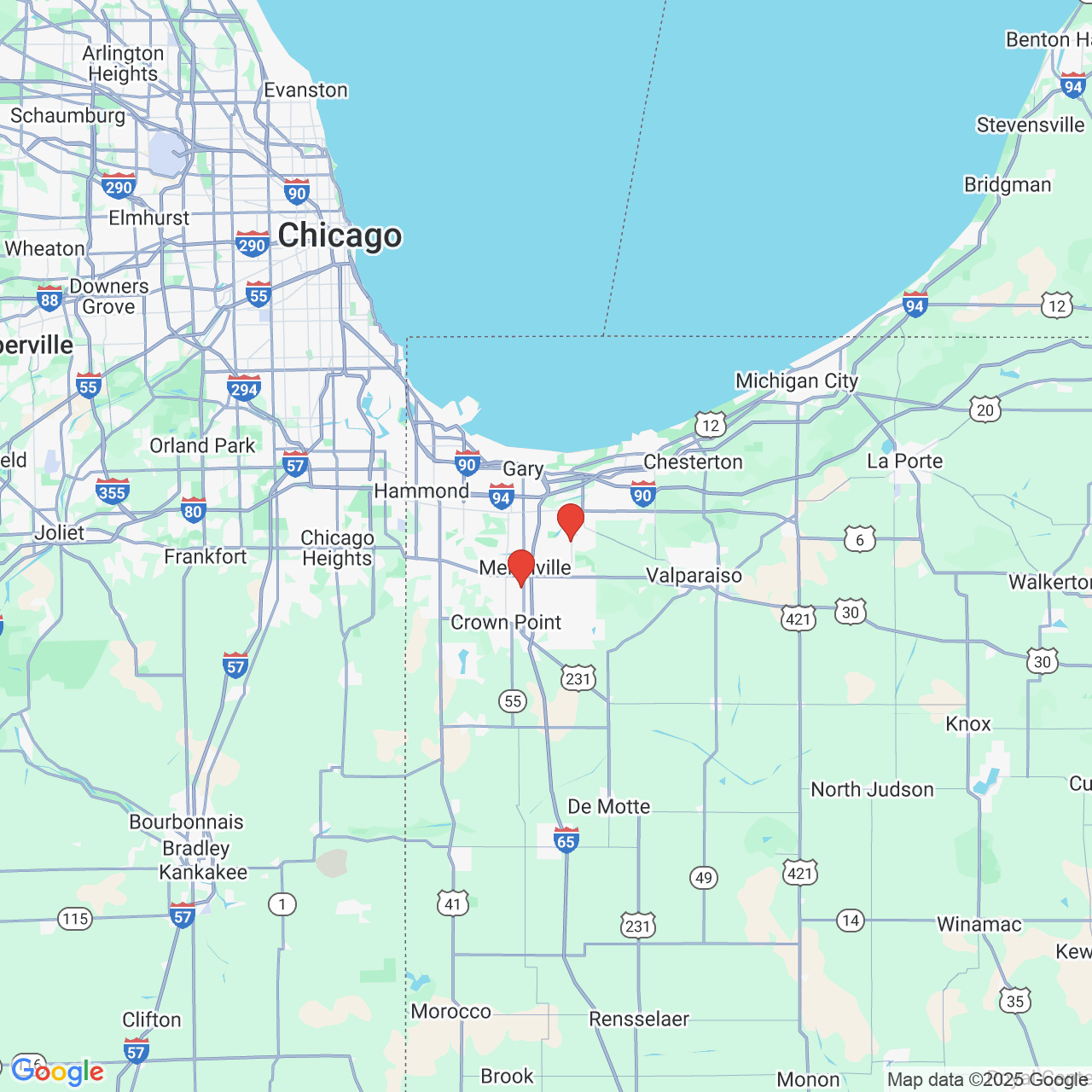Glaucoma Testing
 Glaucoma is a group of conditions that adversely impact the eye’s optic nerve, found in the back of the eye. This nerve is responsible for transferring visual information from the retina, which receives light from the lens to the brain’s visual centers via electrical signals. However, glaucoma can develop when the pressure inside the eye becomes too high and compresses against the optic nerve. This leads to the death or atrophy of the nerve’s cells.
Glaucoma is a group of conditions that adversely impact the eye’s optic nerve, found in the back of the eye. This nerve is responsible for transferring visual information from the retina, which receives light from the lens to the brain’s visual centers via electrical signals. However, glaucoma can develop when the pressure inside the eye becomes too high and compresses against the optic nerve. This leads to the death or atrophy of the nerve’s cells.
Since untreated glaucoma can lead to permanent blindness, susceptible individuals must visit our Merrillville, IN, practice regularly for glaucoma testing. If detected in the early stages, patients can still achieve favorable outcomes and maintain their vision. During an examination, our doctors thoroughly examine the eyes to check for any sign of glaucoma. If you have the condition, we personalize a treatment plan to meet your needs.
What Are the Symptoms of Glaucoma?
For many patients, they initially have no signs of glaucoma and only realize something is wrong when they face serious vision problems. At this point, the problem is usually at an advanced stage and can be harder to treat. However, some individuals might experience the following symptoms:
- Blurred vision
- Eye pain
- Eye irritation and redness
- Tunnel vision
- Blind spots in your central or peripheral vision
- Nausea and vomiting
How Often Do I Need Glaucoma Testing?
For most patients, they can undergo glaucoma testing beginning at age 40 during their normal comprehensive eye exam. These assessments are typically performed every one to two years. However, since glaucoma is more prevalent for older patients over the age of 60, their doctor might recommend more frequent testing. Also, patients with high blood pressure, diabetes, or a family history of glaucoma may need to be tested more often at our Merrillville or Hobart location.
What Happens During Glaucoma Testing?
When you visit one of our locations for glaucoma testing, your doctor will ask you about what, if any, symptoms you are experiencing. The physician will also go over your medical and family history.
During the exam, the doctor can perform several tests, including tonometry to measure the pressure inside of your eyes. A visual field test can determine if there are areas of vision loss. Your doctor may dilate your eyes to check to see if you have suffered any damage to the optic nerve. Additionally, your drainage angle and corneal thickness can be measured for signs of glaucoma.
What Happens if I Have Glaucoma?
If you are diagnosed with glaucoma, there are various treatment options to help alleviate symptoms and maintain your vision. Medicated eye drops are often the go-to choice for the beginning stages of the disease. They can help your eyes drain better to lower eye pressure. When eye drops are not effective, your doctor might move on to oral medications to decrease eye pressure.
For patients with more advanced glaucoma, your physician might recommend surgery. The treatment can drain the excess fluid in the eye to minimize pressure. Your doctor will determine the surgery that is most appropriate for your condition.
What Can I Expect After Treatment?
After treatment, you should follow your doctor’s instructions to ensure that your glaucoma is being resolved. Patients should continue to visit their doctor regularly for exams to assess the health of their eyes. Since some individuals may require lifelong treatment, they should work closely with their eye doctor to make sure they stick to their care plan.
Schedule a Consultation
Our team of experts is always standing by to answer any questions you have regarding glaucoma diagnosis and assessment. Patients who are interested in scheduling an appointment for glaucoma testing should give us a call at (219) 769-8989. You can also visit us online to learn more.



